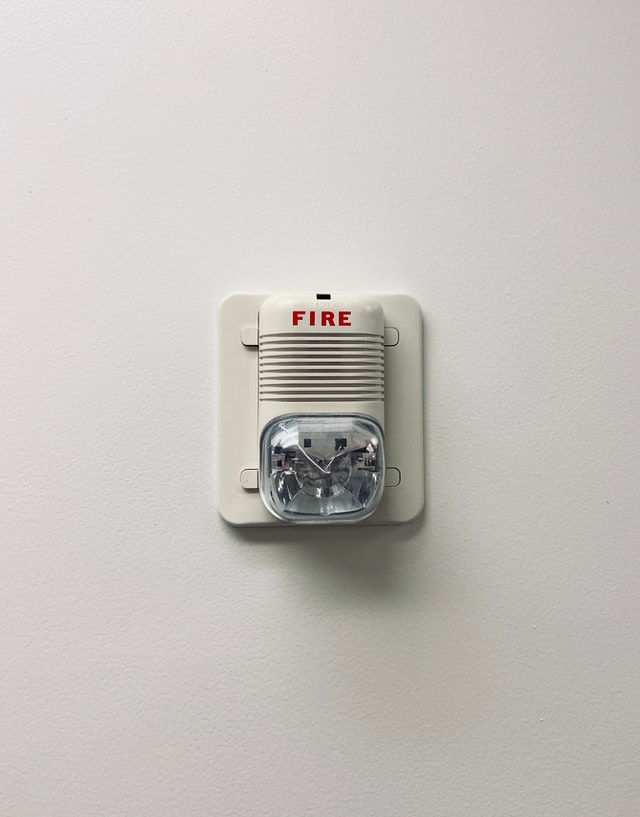Just Because You Have a Thought Doesn’t Mean It’s True
Sometimes we experience alarm signals that aren’t cause for alarm.
- Every month our city tests its emergency response sirens. It’s just a test.
- The dryer in our house buzzes several minutes before the clothes are actually dry.
- Stores fail to remove security tags, triggering alarms when shoppers leave with paid items.
The human brain also sends alarms that aren’t cause for alarm.
Located just above the spinal cord with direct access to the nervous system, the amygdala is the part of the brain that triggers a fight-or-flight response to perceived threats every day. The challenge this poses is that sometimes the alarm sounds before any real danger exists. At times, it even sounds the alarm when there’s no danger at all.
For example, last week my son noticed that I was mentally distant and upset. “You seem really mad at yourself, Dad. You okay?” he asked.
No, I wasn’t. Alarms were going off in my head.
That day, I had sent an email invitation to five important work contacts. The first invitation I had written from scratch and personalized it to the recipient. The other four were a copy/paste from the first with a name change and customized opening line. Except…
Shortly after sending the final email, I realized that the email included a reference that only the first recipient would understand.
I was sick. Each of the other four would surely see through my copy/paste attempt at efficiency.
My amygdala started firing.
“You’re so careless!”
“Surely none of the four invitees will accept your strange and obviously copy/pasted email!”
Then my son said:
“Dad, maybe the recipients won’t notice, won’t care, or won’t be bothered by it. Everyone makes mistakes sometimes. Just because you have a thought, it doesn’t mean it’s true.”
That’s wisdom from a teenager about how the brain works.
The amygdala is designed to protect, but it can be overprotective. In fact, it mis-categorizes, mislabels, misjudges, and misappropriates danger A LOT.
This has to do with factors like:
- Fatigue/energy: When you’re tired, your executive function declines. That makes it harder to reason with the amygdala or manage its alarms.
- Cognitive bias: It’s impossible to conduct a perfect risk assessment because it would require the brain to process too much information and/or would take too long. The brain takes shortcuts and makes assumptions when assessing risks.
- Association with past trauma: Research shows that the brain is more sensitive when it perceives a recurrence of a past physical, mental, or emotional wound. This can cause the brain to be oversensitive and overreact.
- Brain chemistry: Sometimes the brain is deficient in calming chemistry or oversupplied in anxiety. Generalized anxiety, seasonal factors, and other common dysfunctions can cause the amygdala to misfire.
One thing is sure: Simply having a thought doesn’t make it true. Sometimes the human brain sends alarm signals that aren’t really cause for alarm.
You can test this out today. Go do some hard exercise. At some point, the pain and discomfort will beg you to stop long before your actual limits. Every endurance athlete knows that the brain can be a liar.
The next time your brain starts screaming DANGER, just remember:
Just because you have a thought doesn’t mean it’s true.
How about your thoughts? Where might your thoughts not be true?










Comments are closed here.